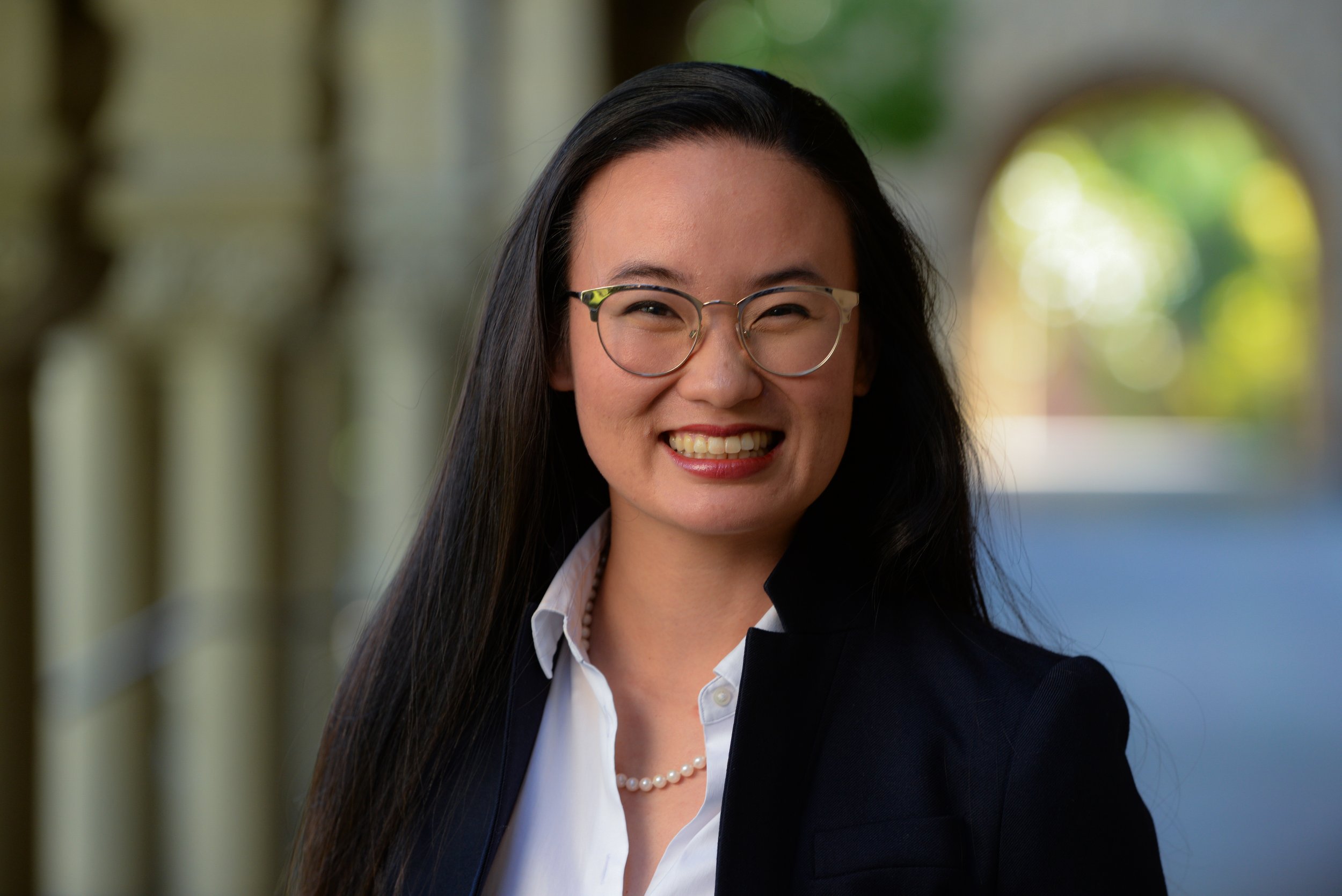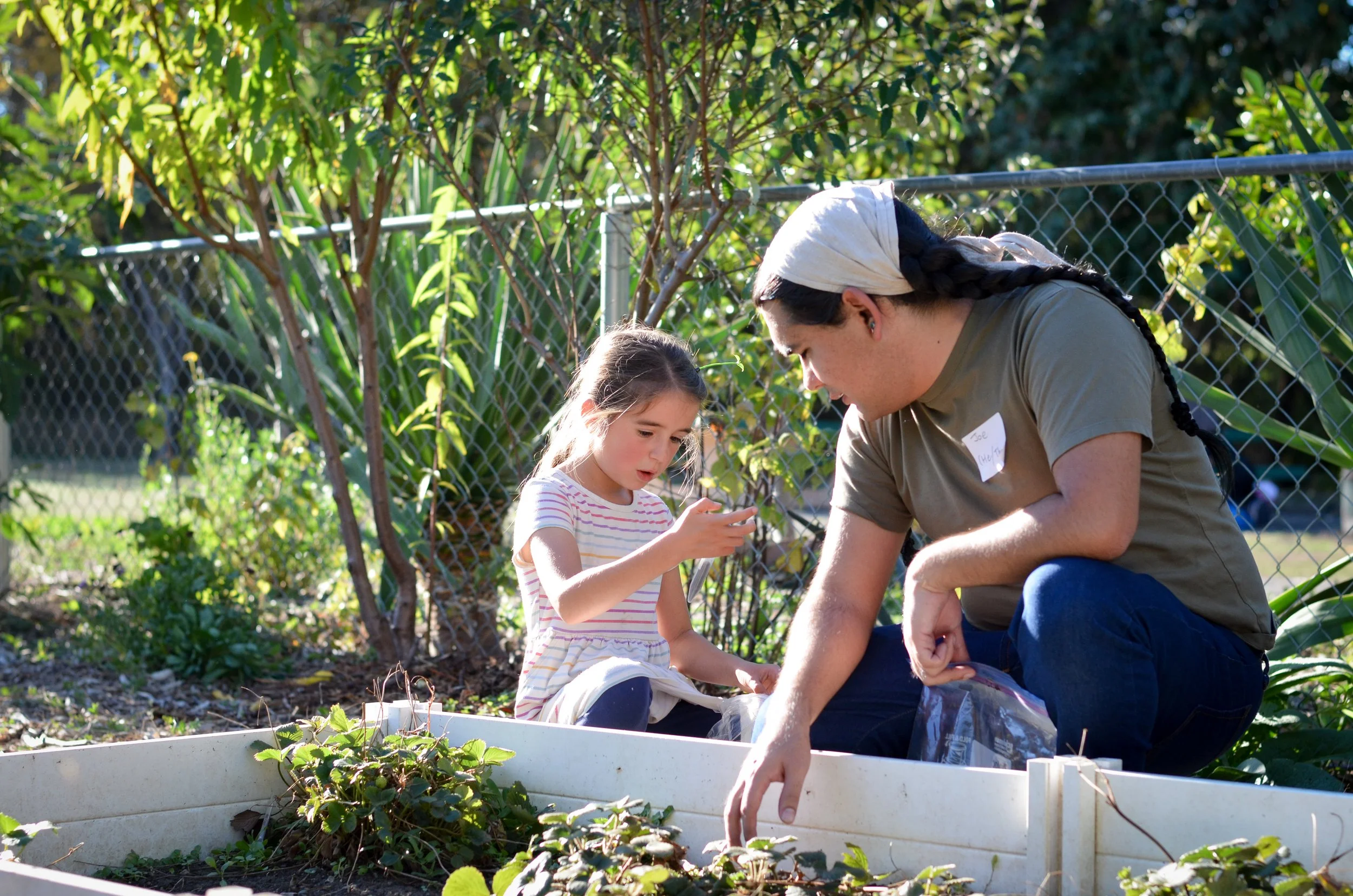Science Policy
I am passionate about making biology for everyone! From community-based youth education, to federal science policy, to international grassroots organizing, I have a decade of professional experience integrating local and federal policy efforts to democratize biology and biotechnology.
My ongoing science policy work is leading Biology for Everyone (BIO4E), a research community focused on developing public community biology labs, LABraries, across the United States.
Community Biology
Biology is around us, in us, and is us. From the beginning of human society to now, we have been creating, engineering, designing with biology. Yet, most people don’t feel connected to biology or feel empowered to innovate using biology.
How do we empower people to look within their own communities, needs, and experiences to innovate with biology? We need to change the culture around STEM to amplify existing, local knowledge and empower creativity with biology.
What if anyone was able to look around and engineer solutions to their own problems?
What if biology innovation started locally in libraries, community gardens, parking lots? Through conversation at home, solutions can emerge that address global needs. We can spark a cultural shift that changes how people feel about biology.
My research on community biology studies how decentralized bioengineering spaces can ensure technology benefits everyone.
Local community activism
Since 2019, I have been co-organized BioJam Camp with a variety of community organizers, educators, activists, artists, gardeners, and biohackers, and Stanford students from the Salinas Valley of California.
BioJam engages teens from low-income communities of color to explore biodesign and bioengineering as a platform to learn, share, and connect to their community. Through our camp, we nurture teen’s confidence and curiosity as they grow into science practitioners and educators, provide a research and training opportunity for scientists, and to create accessible entry points for community engagement with biotechnology.
While a graduate student, I founded BioJam CoLABS (Community Learning through Art, Biodesign, and Solidarity), a volunteer student organization at Stanford University.
US Policy
As a Biosecurity Postdoctoral Fellow at Stanford University, I led a research program (Biology for Everyone) envisioning public biology labs across the United States, LABraries. This research convened experts across diverse areas including community biology, education, and biosecurity.
In our recent policy report, we lay out a vision for an American LABrary system and a new profession, LABrarians. We call on policymakers, funders, and community organizations to join together in making biology for everyone.
International Organizing
I am a major organizer of the Global Community Bio Summit, an international conference convening community biologists from around the globe. Hosted by the MIT Media Lab, Bio Summit convenes an international coalition of practitioners. Practices range from biodesign, storytelling, Indigenous knowledge, and Do-It-Yourself (DIY) community science. All are united by our dedication to growing community-focused informal learning in biosciences and biotechnology, known as ‘community biology’.
Bio Summit is led by and for community biology leaders with conference tracks including science communication, bioethics, diversity and inclusion, governance and leadership, guardianship of ecosystems, learning and education, open innovation and more. The Summit includes several community gatherings, including an art exhibition (the “Bio Creation Station”) and a leadership development program, the Global Community Bio Fellows.
Federal Policy
Federal policymakers are often necessary to support change at the local level. I have extensive experience working with policymakers at the federal level. Through science policy work through academia, non-profits, and directly on the Hill, I am dedicated to advancing local and community-based power with biology.
Science Policy Fellowships
Biosecurity Fellow, Center for International Security and Cooperation
Stanford University
Discussing biosecurity policy at the Center for International Security and Cooperation (CISAC), Stanford University
As a Biosecurity and Innovation Fellow at the Center for International Security and Cooperation (CISAC) at Stanford University, I led a research project studying how decentralized bioengineering spaces can ensure technology benefits all: Biology for Everyone (BIO4E): https://bio4e.stanford.edu/.
Our transdisciplinary team of biologists, community organizers, artists, policymakers, engineers, youth, and more developed a policy roadmap to create a network of free, publicly accessible biology labs: LABraries, and a new profession to support these community spaces: LABrarians.
Fellow, National Security Commission on Emerging Biotechnology (NSCEB)
US Senate, US Department of Defense
Leading laboratory tours for state legislators at Stanford University’s Shriram Center for Bioengineering
Summer 2024, I was a fellow with the National Security Commission on Emerging Biotechnology (NSCEB). The NSCEB is a bipartisan, bicameral commission, charged by Congress to examine the intersection of emerging biotechnology and national security. I worked on the NSCEB’s bioliteracy and education portfolio.
Mirzayan Science and Technology Policy Fellow
National Academies of Sciences, Engineering, and Medicine
In the fall of 2021, I was a Mirzayan Science and Technology Policy Fellow with the National Academies of Sciences, Engineering, and Medicine. I worked on the Board of Life Sciences (BLS).
Through my work with the Response and Resilient Recovery Strategic Science Initiative’s (R3SSI) Strategy Group on COVID-19 and Ecosystem Services in the Built Environment, I collaborated with an interdisciplinary team to expand on my ecological expertise to familiarize myself with a new literature base (ecosystem services, green infrastructure) and consulted with experts to design a novel activity for the National Academies associated with strategic planning. I also designed a collaborative art project with BLS staff with a permanent exhibition in the NASEM Keck Building.
If you are interested in applying for the Mirzayan, I highly recommend reading this doc about the applying for the program created by former fellows, especially Melody Tan. I also wrote a blog post about the Mirzayan program.
Other Science policy Experience:
President, Stanford Science Policy Group (2020-2021)
BioFuture Fellow, Department of Bioengineering and Bio.Polis, Stanford University (2020-2021).
Katherine S. McCarter Graduate Policy Award, Ecological Society of America (2020)
Hill Day Visitor, American Society of Microbiology (2020)
Graduate Ethics Fellow, McCoy Center for Ethics, Stanford University/Stanford Law School (2019-2020)











